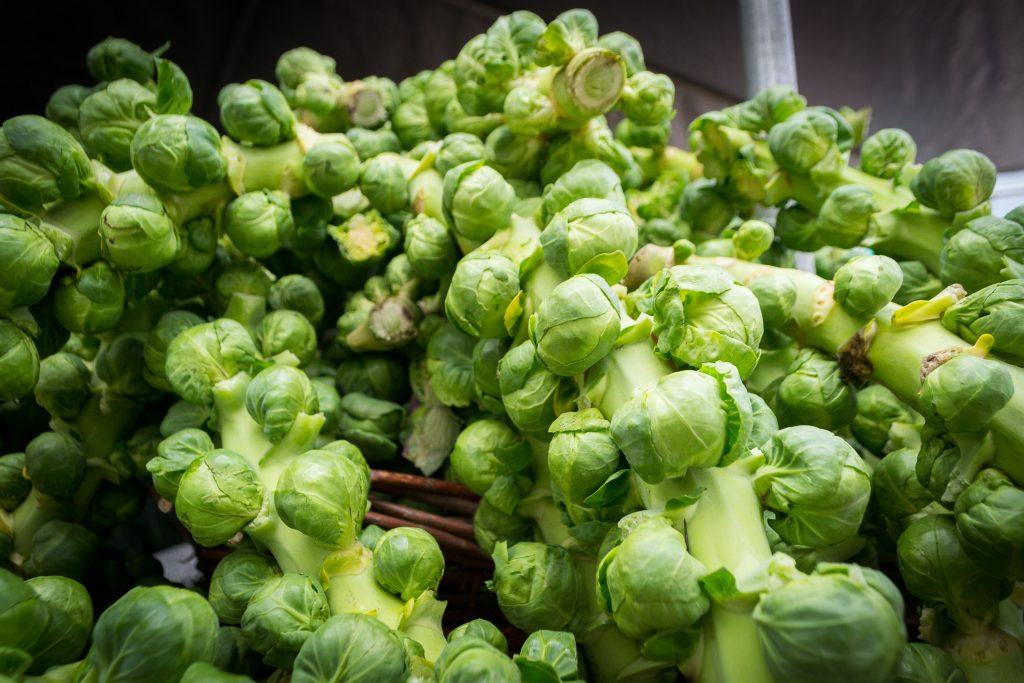 Indole-3-carbinol (I3C), a phytochemical derived from cruciferous vegetables such as broccoli and Brussels sprouts decreases metastatic spread of breast cancer tumors in experimental animals. It activates the CYP1A2 enzyme in the liver, which assists in the detoxification of estrogen to form the safe 2-hydroxyestrone metabolite.
Indole-3-carbinol (I3C), a phytochemical derived from cruciferous vegetables such as broccoli and Brussels sprouts decreases metastatic spread of breast cancer tumors in experimental animals. It activates the CYP1A2 enzyme in the liver, which assists in the detoxification of estrogen to form the safe 2-hydroxyestrone metabolite.
- Indole-3-carbinol inhibits MDA-MB-231 breast cancer cell motility and induces stress fibers and focal adhesion formation by activation of Rho kinase activity.
- A phase I study of indole-3-carbinol in women: tolerability and effects.
- Extended treatment with physiologic concentrations of dietary phytochemicals results in altered gene expression, reduced growth, and apoptosis of cancer cells.
- Inactivation of NF-kappaB by 3,3′-diindolylmethane contributes to increased apoptosis induced by chemotherapeutic agent in breast cancer cells.
- 3,3′-Diindolylmethane stimulates murine immune function in vitro and in vivo.
- Oral administration of 3,3′-diindolylmethane inhibits lung metastasis of 4T1 murine mammary carcinoma cells in BALB/c mice.
- Indole-3-carbinol-induced modulation of NF-kappaB signalling is breast cancer cell-specific and does not correlate with cell death.
- The effect of indole-3-carbinol on the expression of CYP1A1, CYP1B1 and AhR genes and proliferation of MCF-7 cells.
- 3,3′-diindolylmethane and paclitaxel act synergistically to promote apoptosis in HER2/Neu human breast cancer cells.
- Role of estradiol metabolism and CYP1A1 polymorphisms in breast cancer risk.



